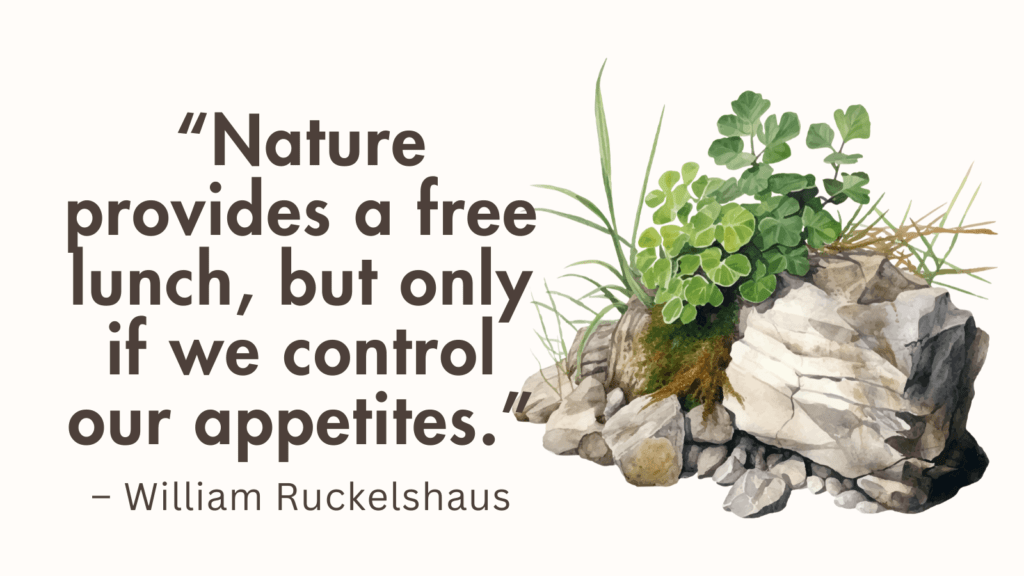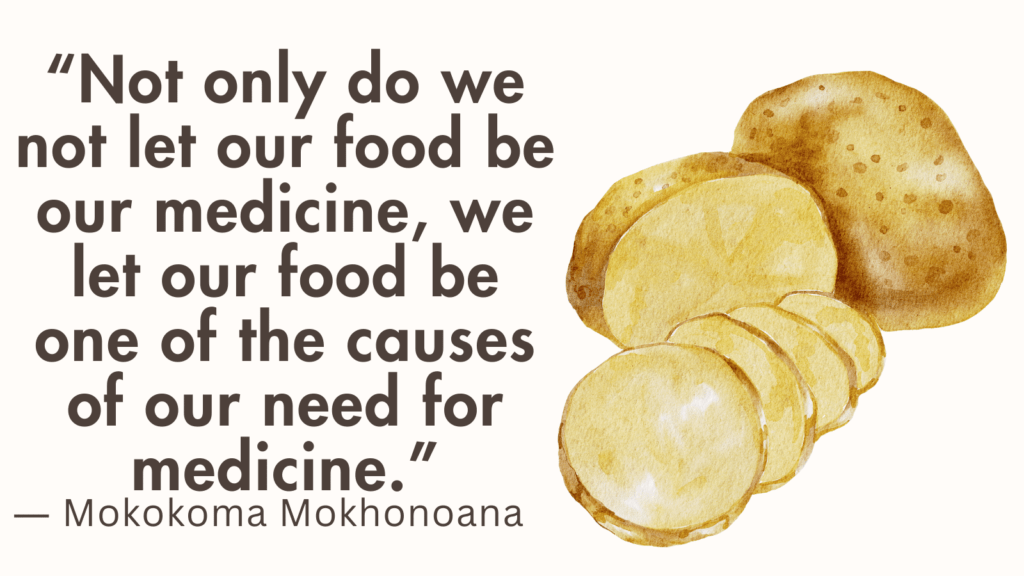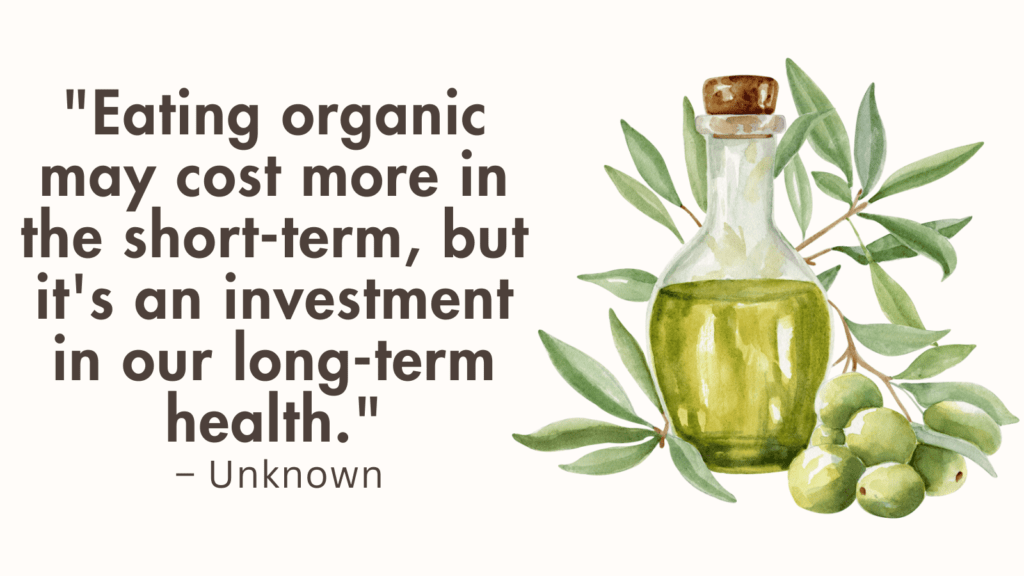In this post, you’ll find out the answer to the question “Do walnuts need to be organic?”
Do Walnuts Need To Be Organic?
When considering whether walnuts need to be organic, it is important to understand the potential benefits and drawbacks of choosing organic over conventional options.
Organic walnuts are grown without the use of synthetic pesticides, herbicides, and fertilizers, which can have a positive impact on human health and the environment.
Choosing organic walnuts ensures that you are consuming a product that has been produced in a more sustainable manner, supporting overall biodiversity and soil health.
However, conventional walnuts, which are grown using synthetic inputs, still undergo rigorous testing and regulation to ensure they meet safety standards.
Furthermore, it’s important to note that the protective shell of the walnut helps shield the nut from direct contact with external contaminants.
Organic walnuts might have a higher price tag compared to conventionally grown ones.
Ultimately, the decision to choose organic walnuts depends on personal preference, budget, and environmental concerns.
But whether you choose organic or conventional, selecting high-quality walnuts from reputable sources and properly washing them before consumption is crucial for ensuring their safety and enjoying their numerous nutritional benefits.
Related: How to Protect Your Watermelon Farm?
Are Walnuts Keto?
Walnuts can be a great addition to a ketogenic or keto diet due to their low carbohydrate content and high fat content.
With just 4 grams of net carbs per ounce, they are considered a low-carb nut option.
The high fat content in walnuts, particularly the heart-healthy monounsaturated fats, makes them a perfect snack choice for those following a keto lifestyle.
In addition to being low in carbs and high in healthy fats, walnuts are also rich in essential nutrients.
They are an excellent source of omega-3 fatty acids, which have been shown to have numerous health benefits, including reducing inflammation and improving heart health.
Walnuts also provide a good amount of fiber, protein, and various vitamins and minerals such as magnesium and vitamin E.
When incorporating walnuts into a keto diet, it’s important to keep portion sizes in mind, as they are calorie-dense.
While they provide plenty of beneficial nutrients, eating too many walnuts can easily contribute to exceeding your daily calorie intake goals. So, moderation is key.
Whether you enjoy snacking on them as they are, adding them to salads or desserts, or using them as a crunchy coating for chicken or fish, walnuts can be a versatile and nutritious choice for those following a keto lifestyle.
Just be mindful of your overall carbohydrate and calorie intake to maintain ketosis and achieve your health and weight loss goals.
Related: Does Contour Farming Work Everywhere?
How to Make Walnut Milk?
Making walnut milk is a simple and nutritious alternative to traditional dairy milk.
1. To start, you will need one cup of walnuts and four cups of water.
2. Soak the walnuts in water for at least two hours to soften them.
3. After soaking, drain the water and rinse the walnuts thoroughly.
4. Place the walnuts in a blender along with the four cups of fresh water.
5. Blend on high speed for approximately one minute until the mixture becomes creamy and smooth.
6. Next, strain the liquid through a nut milk bag or cheesecloth into a clean container.
7. Gently squeeze the bag to extract all the milk.
8. You can add a sweetener like honey or maple syrup if desired, along with a pinch of salt for flavor.
This homemade walnut milk can be stored in the refrigerator for up to five days.
It’s perfect for pouring over cereals, adding to smoothies, or enjoying on its own as a nutritious drink.
Additionally, walnut milk is a great source of healthy fats, protein, and important nutrients such as omega-3 fatty acids.
It can be an excellent choice for those with lactose intolerance or those seeking a plant-based milk option.
Related: How To Eat Sustainably On A Budget?
Are Walnuts High In Potassium?
Walnuts are indeed high in potassium, making them a nutritious addition to any diet.
Potassium is an essential mineral that plays a crucial role in maintaining proper bodily functions, including regulating blood pressure and fluid balance.
A 1-ounce serving of walnuts contains approximately 125 milligrams of potassium, which accounts for around 4% of the recommended daily intake for adults. (source)
This makes walnuts a great choice for individuals looking to increase their potassium levels.
Incorporating walnuts into your meals and snacks can be as simple as adding them to salads, oatmeal, or even using them as a crunchy topping for yogurt or smoothie bowls.
Apart from their potassium content, walnuts also offer a variety of other health benefits, such as being a good source of healthy fats, fiber, and antioxidants.
So, whether you enjoy them on their own or use them to enhance the flavor and texture of your favorite dishes, walnuts can be a delicious and potassium-rich addition to your diet.
Related: Do Rabbits Eat Mint In The Garden?
Can Cats Eat Walnuts?
Cats are known to have a particular diet that consists mainly of meat, which makes them obligate carnivores.
While they can tolerate small amounts of certain fruits and vegetables, it is generally advised to steer clear of feeding cats anything outside their carnivorous diet.
When it comes to walnuts, caution is especially necessary.
Walnuts contain high amounts of fats and oils, which can be difficult for cats to digest properly.
Additionally, the shape and size of walnuts can pose a choking hazard for cats.
If a cat accidentally ingests a small amount of walnut, it may not cause immediate harm. However, regular consumption or larger amounts could potentially lead to gastrointestinal distress or pancreatitis.
To ensure the health and safety of your feline companion, it is best to avoid feeding them walnuts altogether and stick to a balanced diet specifically formulated for their dietary needs.
Related: Garden Tool Box [Complete Guide + Resources]
Can Chickens Eat Walnuts?
Chickens can eat walnuts, but it is important to do so in moderation.
Walnuts are a nutritious treat for chickens as they contain protein, healthy fats, and essential vitamins and minerals.
However, it’s worth noting that the high fat content in walnuts can make them a bit heavy for chickens to digest.
Therefore, it’s best to feed them walnuts sparingly, as an occasional treat rather than a regular part of their diet.
Providing chopped or crushed walnuts can be beneficial, as it makes it easier for chickens to consume and prevents them from choking on larger pieces.
Additionally, it’s always a good idea to introduce new foods gradually, including walnuts, to monitor how your chickens respond to them.
Overall, while walnuts can be a healthy and enjoyable addition to a chicken’s diet, it’s crucial to exercise caution and offer them in moderation to ensure their well-being.
Related: Why Do You Plant Rosemary By Your Garden Gate?
Can Birds Eat Walnuts?
Yes, birds can eat walnuts!
While many people may associate birds primarily with seeds, berries, and insects, they can also enjoy the occasional walnut treat.
Walnuts are a nutritious and energy-rich food source that can provide birds with essential vitamins, minerals, and healthy fats.
Some bird species, such as woodpeckers, jays, and nuthatches, are particularly fond of walnuts due to their hard shells, which they can easily crack open with their strong beaks.
Other birds, like crows and ravens, are known for their intelligence and may use creative methods to access the walnut meat inside.
However, it’s important to note that not all birds can consume walnuts.
Small songbirds, for example, may struggle to break through the hard outer shell and may prefer softer foods.
Additionally, it’s crucial to offer walnuts in moderation, as they are high in fat content.
Providing a diverse diet with a balance of seeds, fruits, and insects is key to keeping our feathered friends happy and healthy.
Related: How To Build A Garden Window?
Can Hamsters Eat Walnuts?
Hamsters are known for their love of food and it’s important to provide them with a balanced diet to keep them healthy and happy.
When it comes to walnuts, caution should be exercised.
While walnuts can be nutritious for humans, they may not be the best option for hamsters.
The main concern is the high fat content in walnuts, which can lead to obesity in hamsters if consumed in excess.
Additionally, the hard shell of the walnut can pose a choking hazard or cause dental issues if the hamster tries to crack it open.
Instead of walnuts, it is recommended to offer hamsters safer alternatives such as small pieces of fresh fruits, vegetables, or unsalted nuts like almonds or peanuts.
Remember to always consult with a veterinarian or do thorough research before introducing any new food into your hamster’s diet to ensure their well-being.
Can Squirrels Eat Walnuts?
Squirrels are known for their love of nuts, but when it comes to walnuts, the situation is a bit more complicated.
While squirrels can indeed eat walnuts, there are a few factors to consider.
First and foremost, squirrels have powerful teeth that allow them to crack open the hard shells of various nuts, including walnuts.
However, walnuts have a slightly bitter taste compared to other nuts, which may deter some squirrels from consuming them.
Additionally, walnuts have a higher fat content than other nuts, so it’s important to remember that moderation is key.
While squirrels can benefit from the healthy fats and protein found in walnuts, too many could lead to weight gain or other health issues.
It’s also essential to ensure that the walnuts given to squirrels are fresh and free from any mold, as this can be harmful to their health.
Ultimately, offering a variety of nuts, including walnuts, can provide squirrels with a nutritious and enjoyable snack.

Garden Cart
*As an Amazon Associate I earn from qualifying purchases, at zero cost to you, if you click through the link and finalize a purchase.





